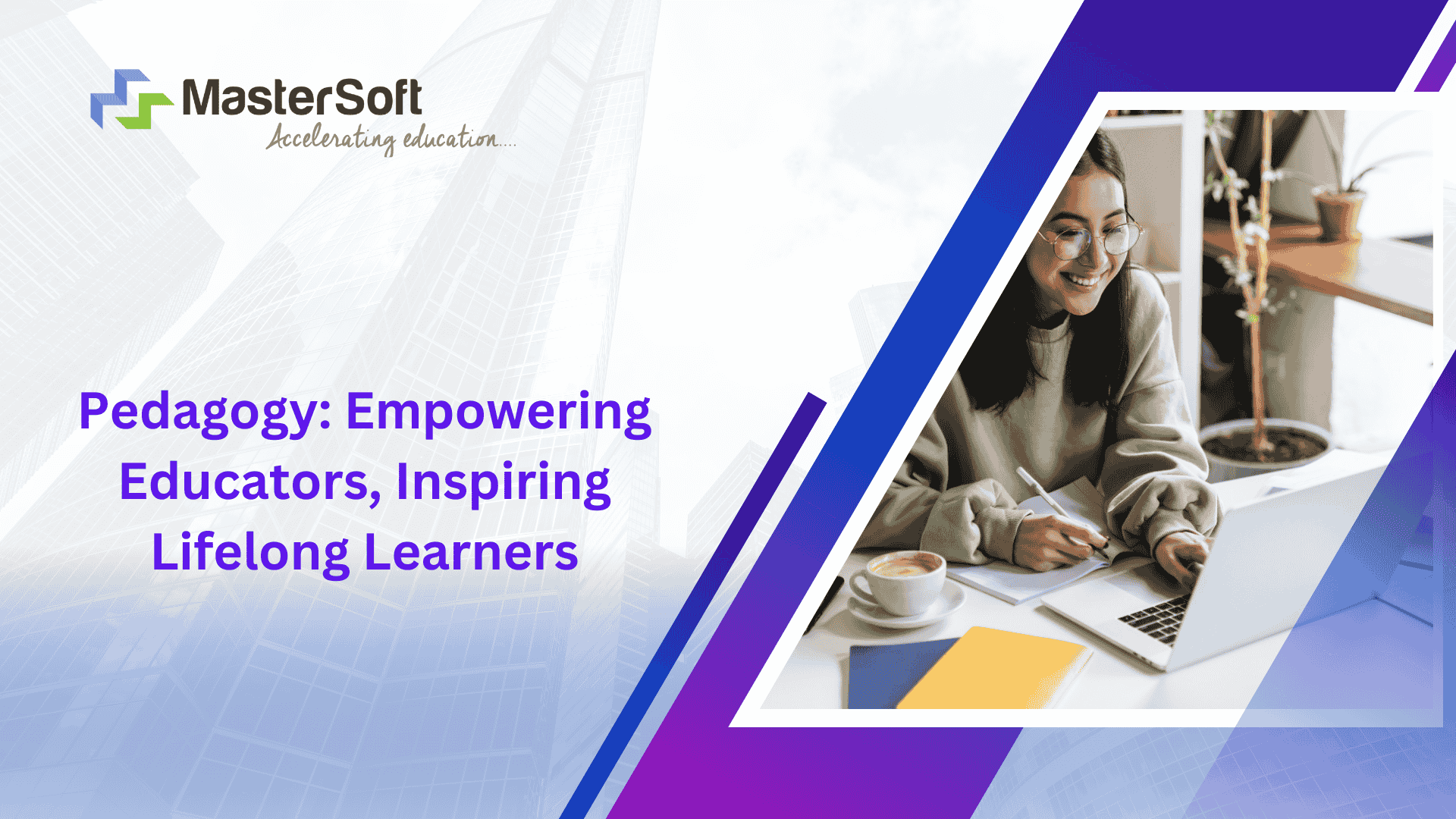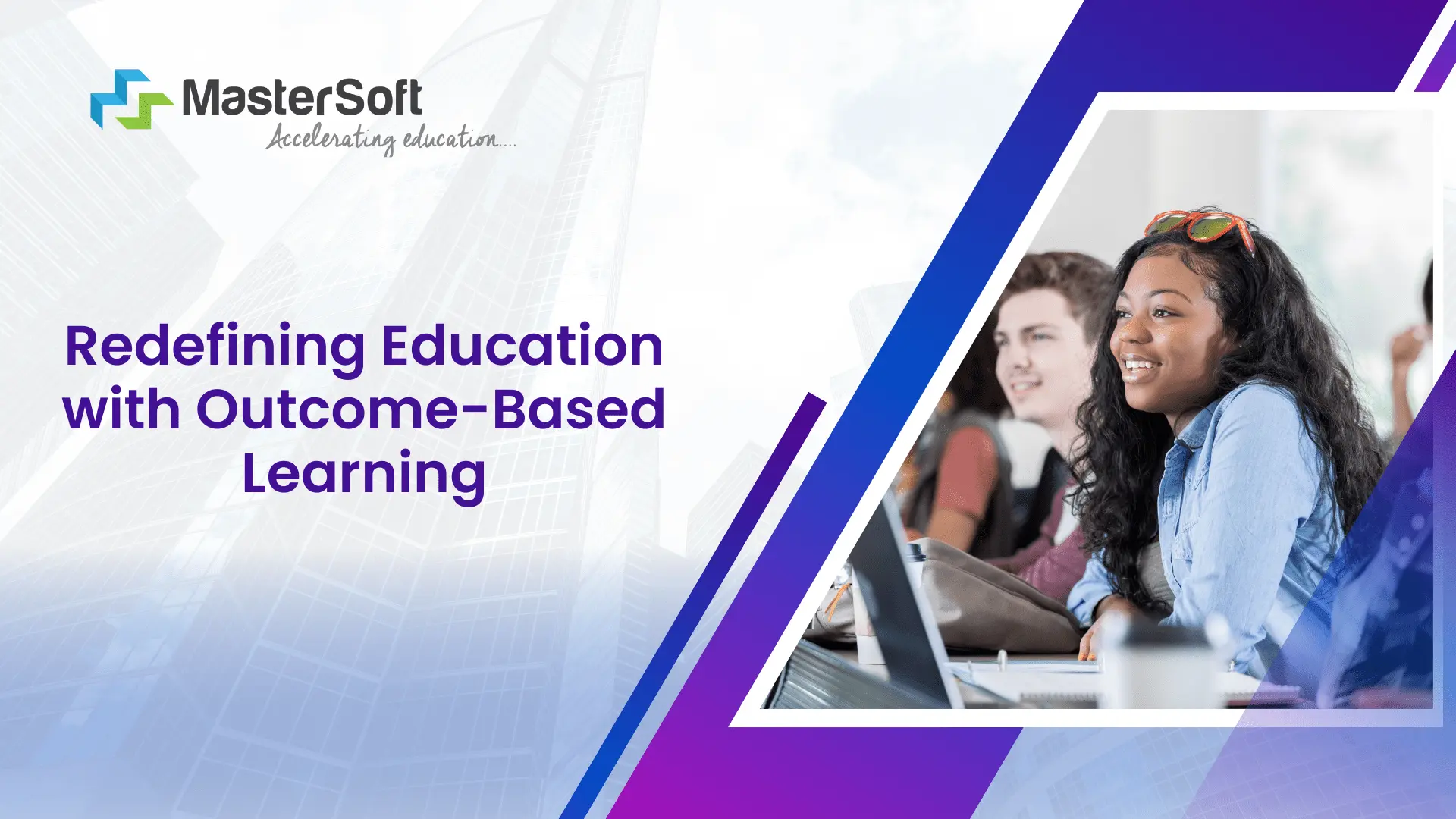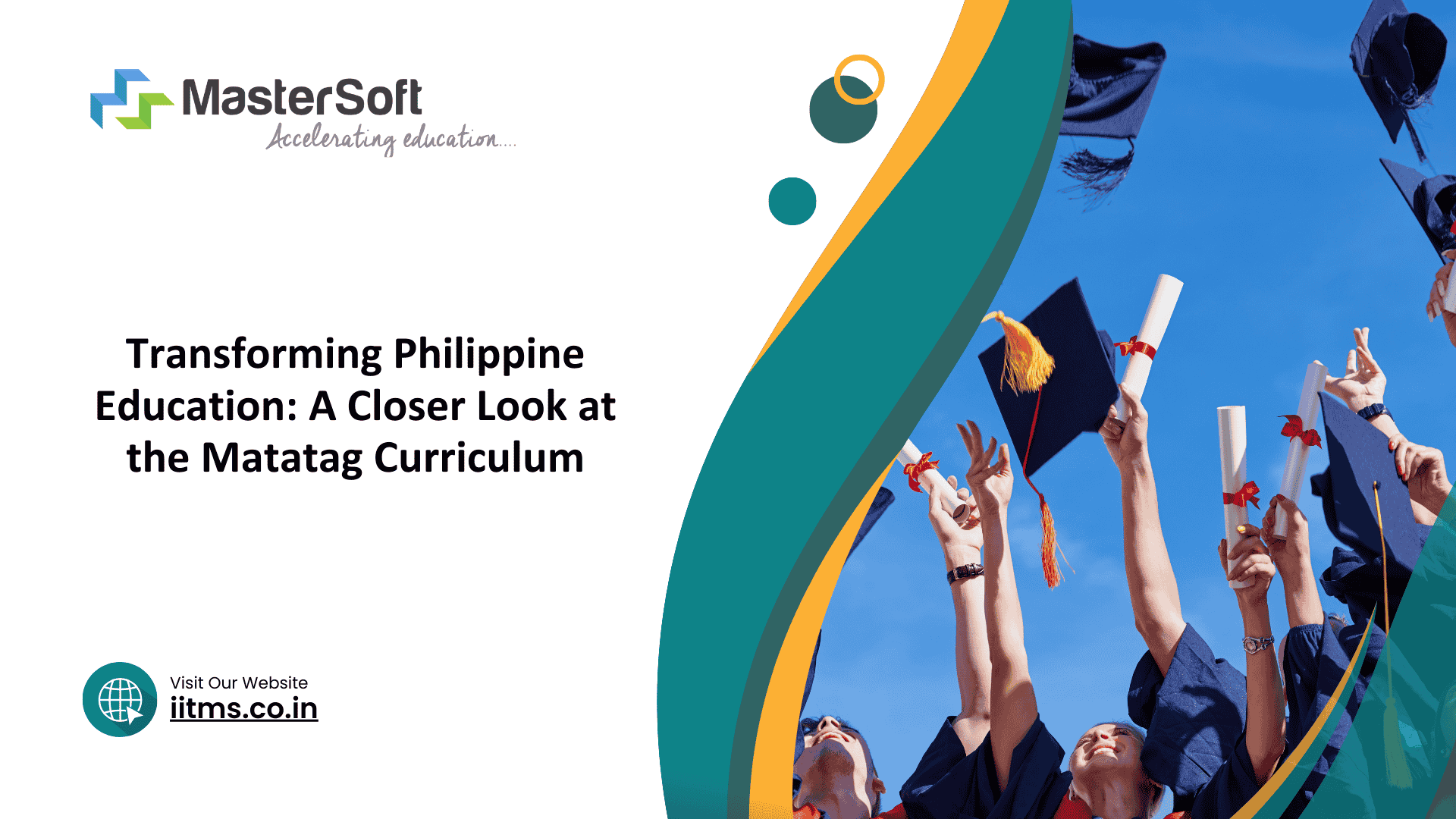At the heart of every educational experience lies pedagogy the practice of how educators teach and students learn. More than just a set of methods, pedagogy is a dynamic and evolving field that integrates various theories, strategies, and philosophies to create meaningful learning experiences. As education systems continue to adapt to the demands of a changing world, understanding and implementing effective pedagogy is more crucial than ever.
What is Pedagogy?
Pedagogy is defined as the method and practice of teaching. It encompasses everything an educator does in the classroom to facilitate learning, from designing the curriculum to choosing instructional methods, creating assessments, and engaging students. Pedagogy draws from educational psychology, developmental theories, and practical experience, making it both an art and a science.
Good pedagogy considers the needs of individual learners, adapts to various learning environments, and aligns with specific learning objectives. It not only focuses on what students learn but also on how they learn, encouraging critical thinking, curiosity, and a lifelong love of learning.
Key Elements of Effective Pedagogy
- Student-Centered Learning: In a student-centered approach, the focus is on the students rather than the teacher. Educators prioritize understanding students’ backgrounds, interests, and learning needs. This approach fosters greater engagement and responsibility, as students play an active role in their learning journey.
- Active Learning: Active learning is a key element in modern pedagogy, promoting hands-on experiences that require students to participate actively in their education. Techniques include group discussions, problem-solving exercises, project-based learning, and interactive multimedia, all of which encourage students to engage deeply with the material.
- Differentiated Instruction: Not all students learn at the same pace or in the same way. Differentiated instruction is an approach that tailors teaching methods to the diverse abilities, interests, and learning styles of students, ensuring that everyone has the opportunity to succeed.
- Constructivist Approach: A constructivist approach to pedagogy encourages students to construct their own understanding and knowledge of the world through experiences and reflection. Rather than simply imparting information, educators guide students in making connections between new knowledge and their existing understanding, fostering deeper comprehension.
- Formative Assessment: Continuous assessment and feedback are essential for measuring progress and adapting instruction. Formative assessments, such as quizzes, discussions, and reflections, allow teachers to gauge understanding in real-time and adjust their teaching strategies accordingly.
- Technology Integration: Today, technology is a powerful tool in pedagogy. From interactive simulations to virtual classrooms, technology can enhance learning by offering new ways to explore content, collaborate, and personalize the educational experience.
- Reflective Practice: Great educators continuously evaluate their teaching strategies and seek to improve. Reflective practice involves assessing what worked well and identifying areas for growth, helping educators refine their pedagogical approach over time.
Different Types of Pedagogical Approaches
Over the years, various pedagogical approaches have emerged, each with distinct philosophies and methods. Some of the most influential include:
- Traditional or Teacher-Centered Pedagogy: This approach is often characterized by direct instruction, where the teacher is the primary authority and imparts knowledge to students. While this method can be effective for delivering structured content, it may limit student engagement and active participation.
- Inquiry-Based Learning: In inquiry-based learning, students explore topics by asking questions, conducting investigations, and seeking answers. This approach fosters critical thinking, creativity, and independent learning, as students are encouraged to be curious and find solutions through exploration.
- Collaborative Learning: Collaborative learning emphasizes group work and teamwork. Students learn by interacting with peers, discussing concepts, and solving problems collectively. This approach not only enhances understanding but also develops social skills and the ability to work effectively with others.
- Montessori Method: Developed by Dr. Maria Montessori, this approach is centered around self-directed, hands-on learning. Montessori education emphasizes autonomy, allowing students to explore and learn at their own pace. Teachers act as guides, fostering an environment of independence and responsibility.
- Project-Based Learning (PBL): PBL is a dynamic approach in which students engage in projects that require critical thinking, problem-solving, and collaboration. Projects are often complex, real-world challenges that connect classroom learning with real-life applications.
- Flipped Classroom: In the flipped classroom model, students are introduced to content at home (often via videos or readings), and classroom time is dedicated to activities and exercises that deepen understanding. This approach allows for a more interactive and hands-on experience in the classroom.
The Role of Pedagogy in the Modern Classroom
With the rise of digital technology, remote learning, and increasing diversity in the classroom, pedagogy must continuously evolve to remain effective and relevant. Here’s how pedagogy adapts to the needs of modern education:
- Emphasis on 21st-Century Skills: Educators today aim to cultivate critical skills such as creativity, communication, collaboration, and digital literacy. Pedagogical strategies that encourage problem-solving, teamwork, and adaptability help students develop these crucial competencies.
- Integration of Technology: Technology has become an integral part of modern pedagogy, providing tools to facilitate learning, personalize education, and connect students with resources worldwide. From digital assessments to virtual labs, technology enriches the learning experience and expands access to information.
- Social-Emotional Learning (SEL): Today’s educators recognize the importance of nurturing students’ emotional and social well-being alongside academics. SEL-focused pedagogy helps students develop emotional intelligence, resilience, and interpersonal skills, which are essential for success in school and beyond.
- Cultural Relevance and Inclusivity: Inclusive pedagogy ensures that all students feel valued and represented in the learning environment. Culturally responsive teaching integrates diverse perspectives into the curriculum, helping students connect learning with their own experiences and backgrounds.
- Blended and Hybrid Learning Models: Blended learning, which combines face-to-face instruction with online learning, and hybrid models offer flexibility in how students engage with content. These models allow for both independent learning and in-person interaction, catering to different learning preferences.
Read More Here
The Challenges and Future of Pedagogy
While advancements in pedagogy have significantly improved education, challenges remain. Educators must navigate issues such as limited resources, varying levels of student engagement, and the need for ongoing professional development. Furthermore, the rapid integration of technology requires educators to continually adapt and learn.
Looking forward, the future of pedagogy is likely to involve even greater personalization of learning. Advances in artificial intelligence and machine learning will enable adaptive learning platforms that tailor content to each student’s abilities and needs. Additionally, experiential learning and global connectivity will likely become central to pedagogical practice, preparing students to become proactive, responsible global citizens.
Conclusion
Pedagogy is much more than a teaching method; it is the foundation upon which effective education is built. By focusing on student needs, embracing active learning, and continually refining strategies, educators can create classrooms that foster curiosity, resilience, and a passion for knowledge. As the world of education evolves, so too will pedagogy, shaping future generations and equipping them with the skills they need to thrive in a rapidly changing world.
Read More Here




